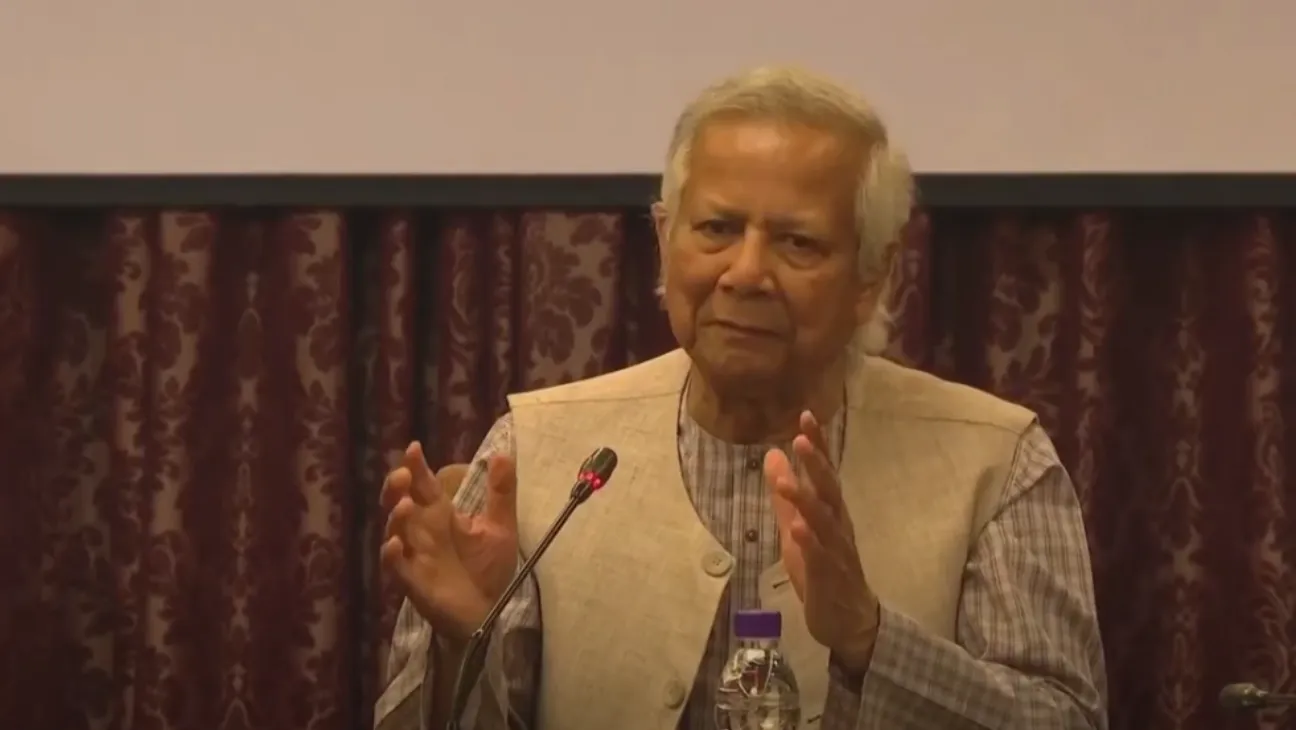Professor Muhammad Yunus, Chief Adviser to the Bangladesh transitional government, has urged the Government of Malaysia to leverage its current position as ASEAN chair to galvanize sustained international scrutiny of the Rohingya refugee situation, which remains unresolved and acute.
During an official engagement with the national wire service Bernama the adviser noted Kuala Lumpur’s geographic and diplomatic advantages, given its role as host to one of the largest Rohingya diasporas and as the incumbent ASEAN chair, an forum that has to date released only muted and non-committal statements on the subject.
“We are hoping that Malaysia will put its influence in the whole negotiation to make sure that we can overcome this problem,” Yunus emphasized.
The adviser further observed an accelerating slide toward crisis. Resumed fighting in northern Rakhine State between Myanmar’s military and the Arakan Army has led to fresh population dislocation.
He noted that in the preceding eighteen months roughly 150,000 Rohingya crossed into Bangladesh, compounding an already extant total of 1.2 million persons, while parallel fiscal contraction—highlighted by the recent United States list of aid to refugee-supporting organizations as prohibited—intensifies the existing human-security and logistical pressures.
Yunus reported that three Rohingya-focused international conferences are scheduled for 2023, aimed at arriving at a durable resolution. The inaugural gathering will convene in Cox’s Bazar at month-end, marking the eighth anniversary of Bangladesh’s receipt of the refugee influx.
A subsequent meeting is anticipated in New York during the September UN General Assembly low-level segment, while a third session will take place in Doha at a later date.
Repatriation initiatives remain mired in stagnation, owing to Myanmar’s continuing internal convulsion and persistent violence that have thwarted substantive advancement since 2021.
The containment of the crisis is not confined to Bangladesh. Malaysia, Thailand and Indonesia are likewise confronting recurring influxes of Rohingya migrants. Malaysia, a non-signatory to the UN Refugee Convention, currently accommodates approximately 150,000 Rohingya on a provisional basis.
The current emergency was precipitated in 2017 when Myanmar’s armed forces conducted operations in Rakhine state, propelling several hundreds of thousands of Rohingya to seek refuge in Bangladesh territory. Eight years thereafter, a resilient and comprehensive settlement continues to elude the international community.









